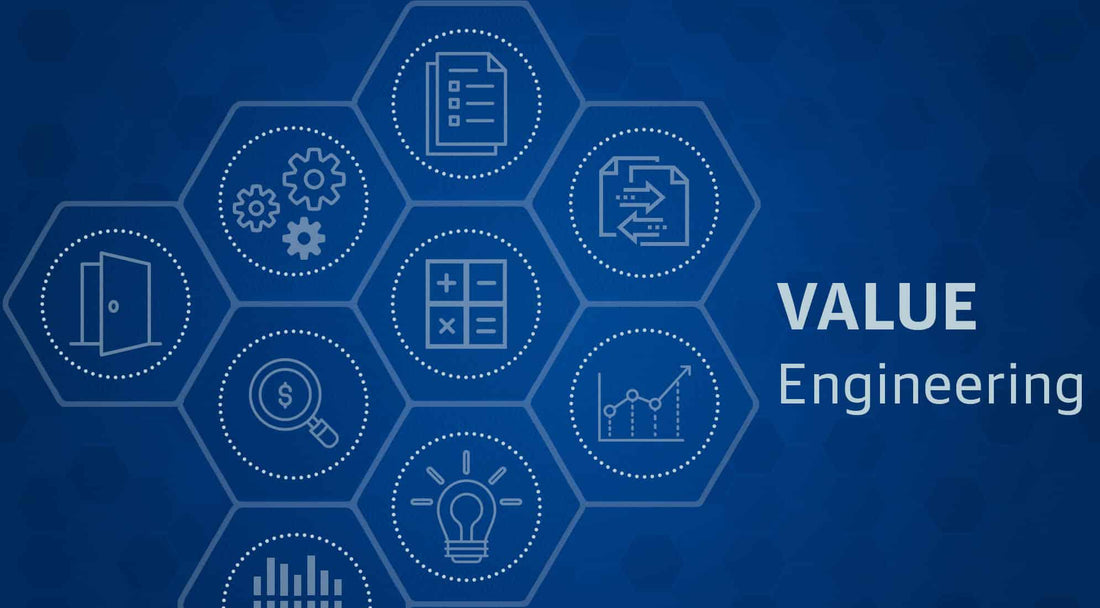Value Engineering (VE) is a time-tested and increasingly popular method for identifying and mitigating cost factors in civil engineering projects. It is a systematic and detailed approach to evaluating all aspects of a project to minimize costs without compromising quality and safety. This article provides civil engineers with an overview of the value engineering process, focusing on its basic principles, techniques used, and strategies for maximizing the benefits of value engineering for any project.
The first step in any value engineering analysis is to create a value baseline against which all potential cost savings are measured. This baseline should include a list of all project requirements, both essential and desirable, as well as an estimate of the cost to meet each requirement. Once the baseline is established, the value engineer begins to identify areas where cost savings can be achieved without compromising the quality or safety of the project.
There are several different techniques that can be used in the value engineering process. Among the most effective are the following:
- Functional analysis:
This technique breaks project requirements into a series of smaller features and then critically evaluates each feature to identify cost-saving opportunities.
- Value analysis:
This technique focuses on the relationship between quality and cost and identifies ways to improve quality while minimizing costs.
- Cost analysis:
With this technique, all direct and indirect costs of the project are evaluated in detail to identify savings opportunities.
- Life cycle costs:
This technique considers the long-term costs of a project beyond the initial investment to identify ways to reduce long-term costs.


Once potential areas for cost reduction have been identified,
It is important to develop strategies to ensure that these savings are realized. This can be achieved through several different methods, including:
- Grouping:
Project requirements are grouped to achieve economies of scale and cost reductions.
- Competition:
In this approach, different contractors or suppliers compete to get the best possible price for the project requirements.
- Suggested changes to value engineering:
These are formal proposals that detail how costs can be reduced without compromising the quality or safety of the project.
The value engineering process is an important tool for civil engineers to reduce project costs without compromising quality or safety. By understanding the principles of value engineering and utilizing the techniques and strategies described in this article, civil engineers can ensure that their projects are completed on time and within budget.

